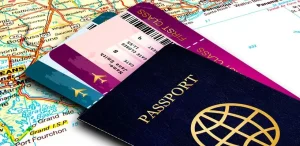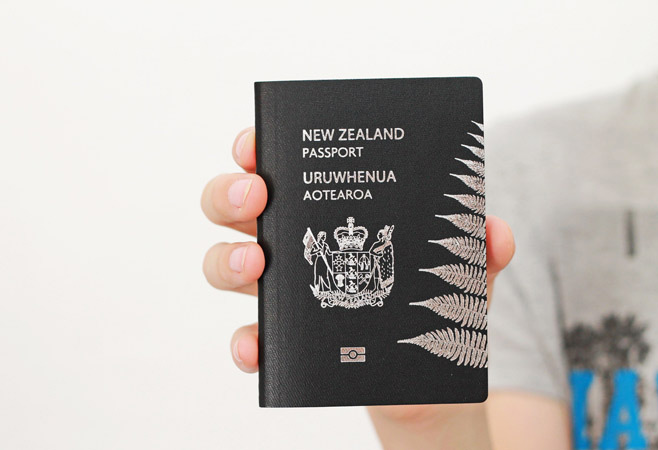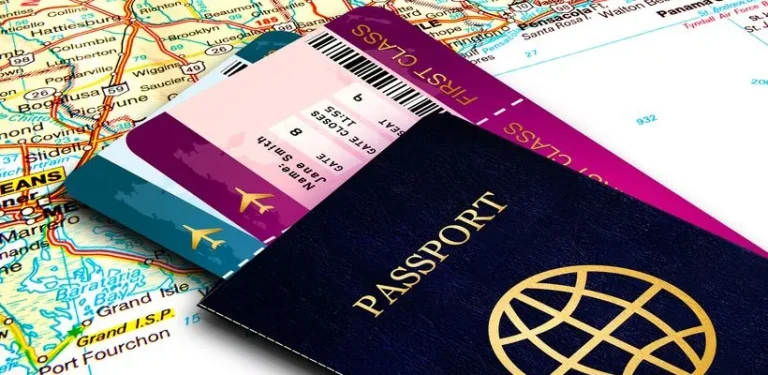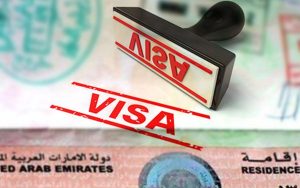Are you dreaming of exploring the stunning landscapes and vibrant culture of New Zealand? Before you pack your bags, it’s important to understand the visa requirements for entry into this beautiful country. From tourist visas to work permits, we’ve got all the information you need to make your travel plans a reality. Read on to discover everything you need to know about New Zealand visa requirements and start planning your adventure today! NEW ZEALAND VISA REQUIREMENTS
General Visa Requirements for Visitors and Tourists
Visiting New Zealand as a tourist or for leisure purposes is a dream for many. With its breathtaking natural landscapes, vibrant culture, and friendly locals, it’s no wonder why so many people are eager to visit this beautiful country. However, before you can start planning your trip, it’s important to understand the general visa requirements for visitors and tourists.
First and foremost, all visitors and tourists must have a valid passport with at least three months’ validity beyond the intended date of departure from New Zealand. This means that if you plan on staying in New Zealand for two weeks, your passport should be valid for at least three and a half months from the date of entry. Additionally, some nationalities may require six months’ validity on their passports.
Next, depending on your nationality and the length of your stay in New Zealand, you may need to obtain either an Electronic Travel Authority (ETA) or a Visitor Visa before traveling. The ETA is available to citizens of certain countries who are visiting New Zealand for up to 3 months at a time. It can be easily obtained online through the Immigration New Zealand website or via travel agents. NEW ZEALAND VISA APPLICATION
On the other hand, if you will be staying in New Zealand for more than 3 months or if you are not eligible for an ETA, then you will need to apply for a Visitor Visa. This visa allows travelers to enter multiple times within 12 months and stay up to 9 months in total. The application process can also be completed online or through paper forms available at any Immigration office.
It’s important to note that both the ETA and Visitor Visa have specific requirements that must be met before approval is granted. These may include proof of sufficient funds for your stay in New Zealand, evidence of onward travel arrangements (such as return tickets), medical/travel insurance coverage during your stay, and character references.
Furthermore, all visitors must also meet health requirements set by Immigration New Zealand. This includes being in good health and having no criminal convictions. If you have any pre-existing medical conditions or have been convicted of a crime, it’s best to check with New Zealand Immigration beforehand to ensure that you are still eligible for a visa.
When planning your trip to New Zealand as a tourist or visitor, make sure to carefully research the specific visa requirements for your nationality and length of stay. It’s always better to be well-informed and prepared before embarking on your journey. With the right documents and proper preparation, you’ll soon be on your way to experiencing all that this stunning country has to offer.
Proof of financial stability
Proof of financial stability is an important requirement when applying for a New Zealand visa. This is because the New Zealand government wants to ensure that all visitors have enough funds to support themselves during their stay in the country. It also serves as proof that you are able and willing to comply with your visa’s conditions, such as returning to your home country after your visa expires.
The specific financial requirements vary depending on the type of visa you are applying for. Generally, you will need to show evidence of sufficient funds to cover your living expenses, accommodation costs, and return travel expenses. The exact amount may also depend on factors such as the length of stay and whether you have any dependents accompanying you.
For most visas, the minimum amount required is NZD $1,000 per month per person. However, this can vary and it is recommended to check the specific requirements for your intended visa category before submitting your application.
One of the most common ways to prove financial stability is through bank statements or other documents showing regular income or savings. This could include salary slips, tax returns, investment accounts, or sponsorship letters from family members or friends who will be supporting your trip financially.
If you plan on working while in New Zealand under a work visa, you must also provide evidence of a job offer or employment contract with details such as salary and job responsibilities. This ensures that you have a stable source of income during your stay.
In addition to personal finances, some visas may require proof of health insurance coverage while in New Zealand. This not only shows that you are taking responsibility for any potential medical expenses but also helps protect against unexpected costs in case of illness or injury.
It is important to note that if any documents provided are not in English, they must be translated by an accredited translator for them to be accepted by immigration authorities.
It is essential to ensure that all supporting documents provided are up-to-date and accurately reflect your current financial situation. Any discrepancies or inconsistencies may result in delays or even rejection of your visa application.
Proof of financial stability is a crucial aspect of New Zealand visa requirements. By showing that you have sufficient funds to support yourself during your stay, you increase your chances of obtaining a visa and having a smooth travel experience. It is therefore important to carefully gather all necessary documents and provide accurate information to meet this requirement.
Passport validity and expiration date
When planning a trip to New Zealand, it is important to make sure that your passport meets the necessary requirements for entry into the country. One of the most crucial aspects of this is ensuring that your passport has a valid expiration date.
Passport validity refers to the length of time that your passport will remain valid and recognized by immigration officials. In order to enter New Zealand, your passport must be valid for at least three months beyond your intended stay in the country. This means that if you plan on staying in New Zealand for two weeks, your passport must have an expiration date that is at least three months after your planned departure date from the country.
It is also important to note that some airlines may require a longer period of validity for passports, so it is always best to check with your specific airline before booking travel arrangements. Additionally, if you are planning on traveling through other countries before or after visiting New Zealand, their entry requirements may differ and may require a longer validity period for passports.
In terms of expiration dates, it is recommended to have at least six months remaining on your passport when entering New Zealand. This ensures that you have enough time left on your passport in case there are any unforeseen delays or changes in travel plans.
If you find yourself with less than six months remaining on your passport before traveling to New Zealand, it is highly recommended to renew it before departing. This will prevent any potential issues or delays at immigration checkpoints upon arrival in New Zealand.
Furthermore, if you are applying for a visa to visit New Zealand and your current passport expires within six months of receiving the visa, you will be required to submit a new application with an updated passport number once you have renewed it.
Having a valid and up-to-date passport is crucial when planning a trip to New Zealand. Make sure to check both the general requirement of three months beyond intended stay as well as any airline or other country-specific requirements. If necessary, renew your passport in advance to avoid any potential issues during your travels.











+ There are no comments
Add yours